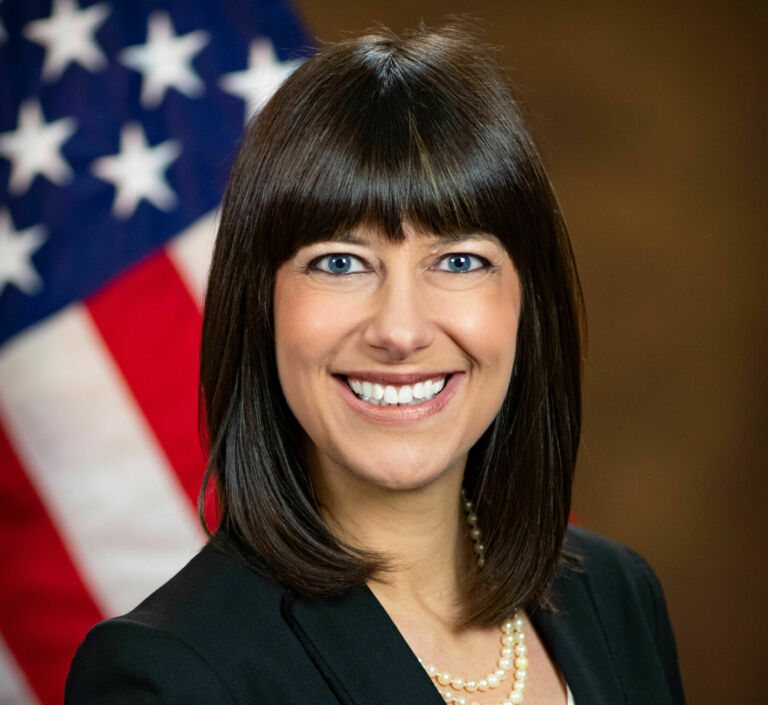Tristan Justice writes for the Federalist about important questions the congressional Jan. 6 panel is likely to avoid.
1. Why Did Nancy Pelosi Delay Deploying the National Guard?
Not only was the National Guard not present to reinforce Capitol barriers with Capitol Police, it took three hours for the Guard that was standing idly by to receive the final green light for deployment as the complex was being ransacked.
Four days after the riot, former Capitol Police Chief Steven Sund, who resigned his post in the aftermath, told The Washington Post his request for pre-emptive reinforcement from the National Guard ahead of Jan. 6 was rejected by Pelosi. Sund said House Sergeant at Arms Paul Irving, overseen by Pelosi, thought the guard’s deployment was bad “optics” two days before the raid. Pelosi and House Democrats had previously condemned the presence of federal troops in the nation’s capital to quell the violent mobs overrunning the city in the name of social justice. …
… 2. Why Did the Sergeant at Arms Refuse to Cooperate with the Senate?
In the Senate’s 128-page bipartisan report published in June last year, lawmakers in the upper chamber outlined “notable exceptions” among those who cooperated with committees. Among them was Irving’s office, which “did not comply with the Committees’ information requests.”
As Pelosi’s chief security advisor in the House who engaged in discussions about the National Guard with the speaker, what did Irving hide from senators that representatives now have no interest in uncovering? Pelosi’s deputies in the lower chamber have already been ordered by the speaker to conceal any information from members of the minority.
3. Why Were the Capitol Police Half-Staffed?
Capitol Police were made aware of the potential for mass unrest unfolding at their doorstep on Jan. 6. They had been warned by the Department of Homeland Security (DHS) and the FBI, according to a report from the Capitol Police inspector general.
Beyond internal intelligence assessments, however, the risk of turmoil capping off an election cycle with repeated outbreaks of widespread violence was enough to lead the parking attendants to restrict access.


